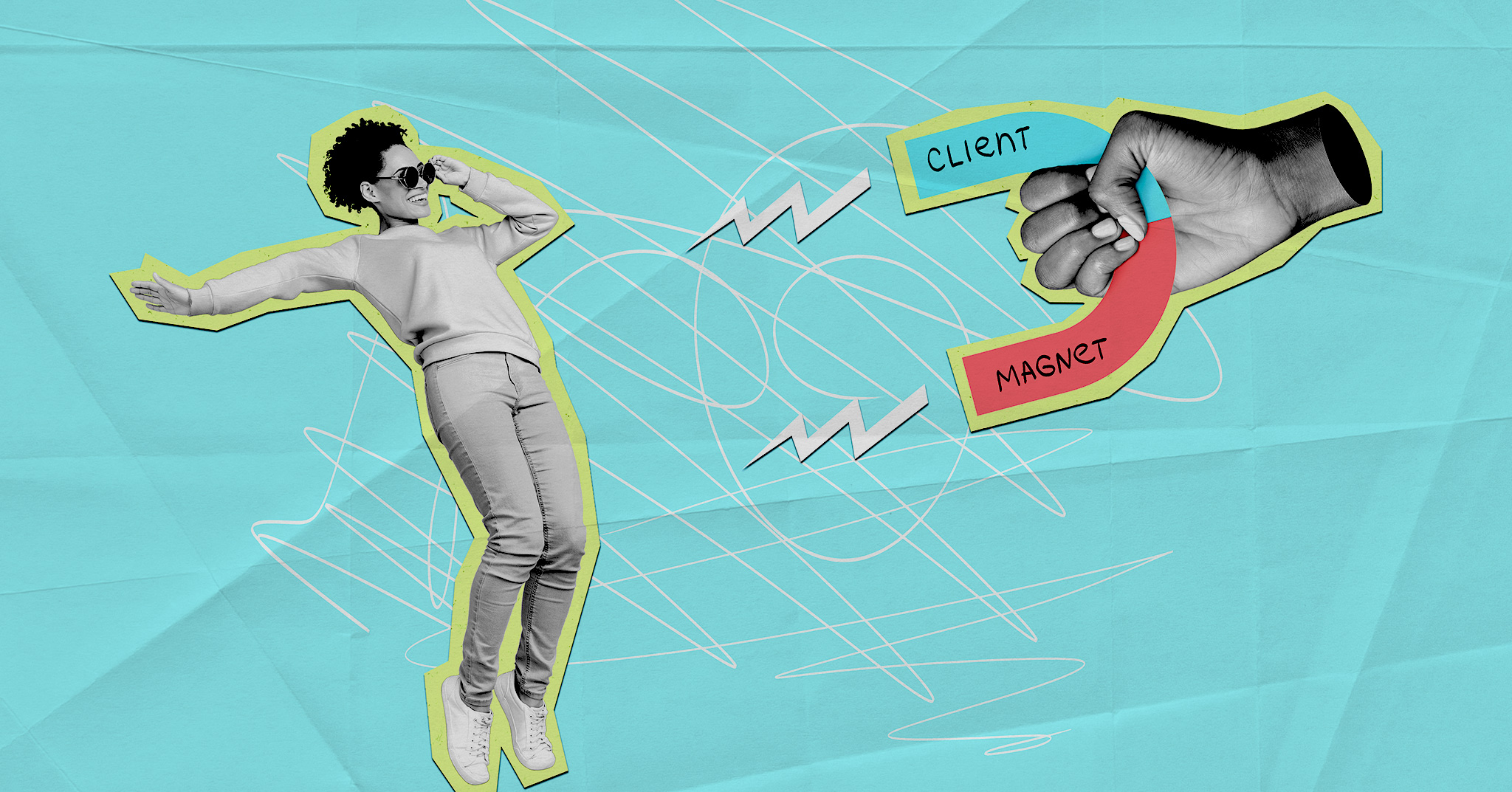In a revealing study by NerdWallet, a startling trend has emerged among Gen Z—the youngest cohort is not just bending the truth on insurance applications, they are reshaping how honesty is perceived in the financial sphere. According to the 2024 Insurance Dishonesty Report, a significant portion of Gen Z, those aged 18 to 27, has admitted to intentionally providing incorrect information to insurance companies to secure better rates.

The Stats Speak: A Comparative Look
The data shows a striking contrast between generations. While 42 percent of Gen Z individuals confessed to lying on insurance forms, only 28 percent of Millennials reported doing the same. The numbers drop further with older generations, with Gen X at 17 percent and Baby Boomers at a mere 6 percent.
This pattern suggests a shifting ethical landscape where younger people feel less remorse about manipulating information to their financial benefit.
Financial Pressures and the Lure of Savings
Why this significant tilt towards dishonesty among the young? Most survey respondents cited financial motives, with 45 percent seeking to lower their expenses as insurance rates climb. The survey highlighted that 38 percent felt compelled to lie due to escalating premiums, pointing to a broader issue of affordability in the insurance industry.
The Consequences of Misrepresentation
While the immediate gains of lower premiums may seem enticing, the long-term consequences can be dire. Melissa Lambarena, a personal finance expert from NerdWallet, warns, “It may not seem like a big deal to lie on an insurance application, but doing so can come with unexpected consequences that can potentially impact your and your family’s well-being.”
She advises seeking legitimate ways to reduce costs, such as inquiring about discounts or shopping around for more favorable rates.

Not All Lies Are Equal
The study also delves into what specific lies are deemed more acceptable than others. For instance, lying about annual mileage is considered okay by 19 percent of respondents, whereas only 15 percent would lie about smoking habits and even fewer about their health data.
This selective honesty reflects a calculated approach to bending the truth, where the perceived risk of certain lies may be weighed against their potential benefits.
Gender Differences in Insurance Dishonesty
Interestingly, the survey uncovered a gender disparity in attitudes towards dishonesty. Twenty-three percent of men found it acceptable to lie about their driving distance to reduce premiums, compared to just 15 percent of women.
This difference underscores varied perceptions and perhaps different pressures faced by genders when dealing with financial and ethical decisions.
Looking Ahead: The Ripple Effects of Dishonesty
Kevin Thompson, CEO of 9i Capital Group, highlights a worrying potential future where increased dishonesty could lead to higher costs for all. “If it is determined that a large cohort of the individuals may be presenting false information, that new fact will be passed through all people in that cohort being insured, and prices will increase across the board,” he explains.
This scenario would exacerbate the very crisis that drives individuals to lie initially, creating a vicious cycle of rising costs and increasing dishonesty.

A Call for Integrity and Innovation
The findings from NerdWallet’s report call for a critical examination of both the moral implications of lying on insurance applications and the systemic pressures that motivate such behavior.
As the insurance industry continues to evolve, it will need to address these challenges head-on, fostering a culture of transparency and trust while ensuring that insurance remains accessible and affordable for everyone, irrespective of age.










